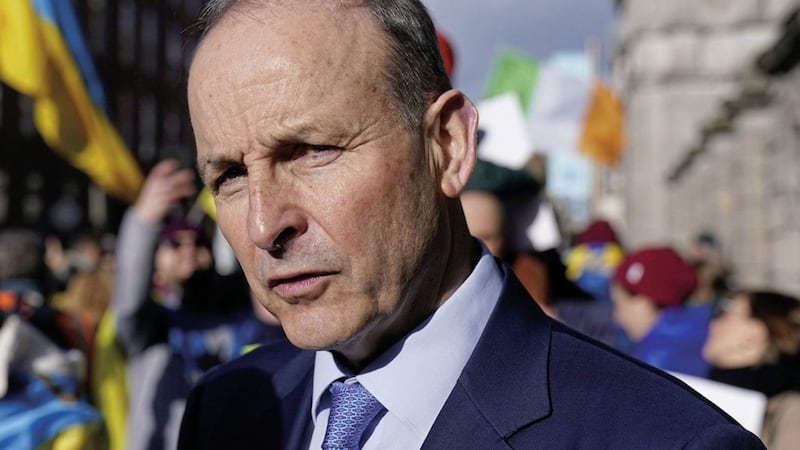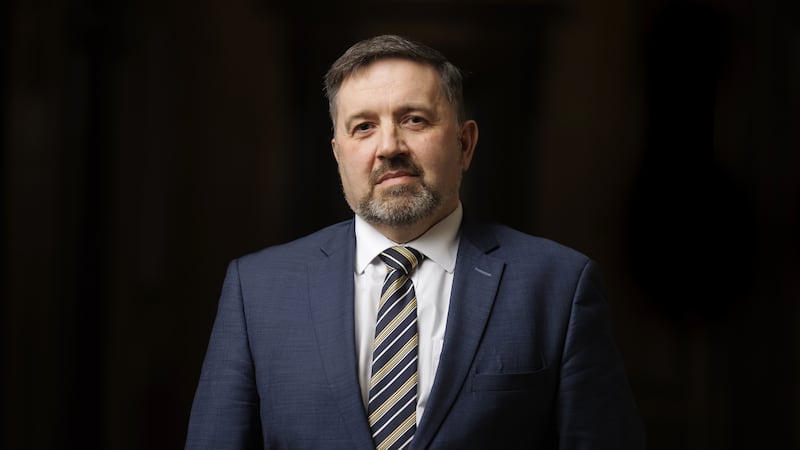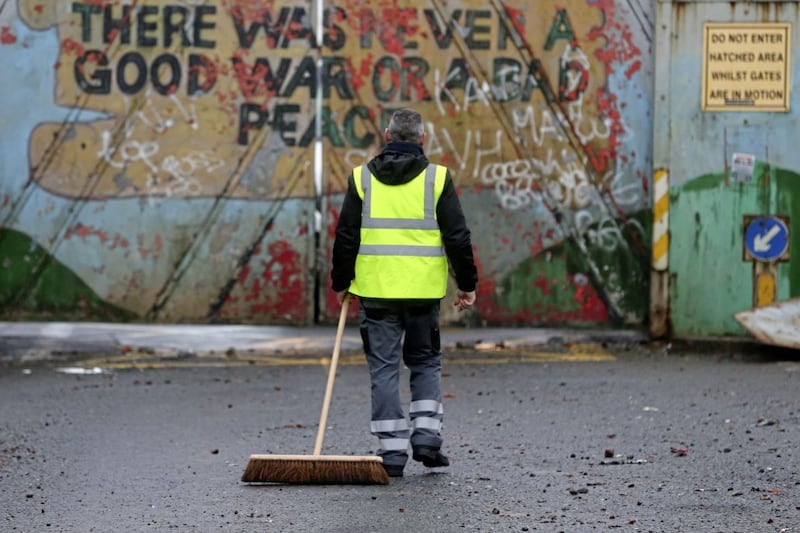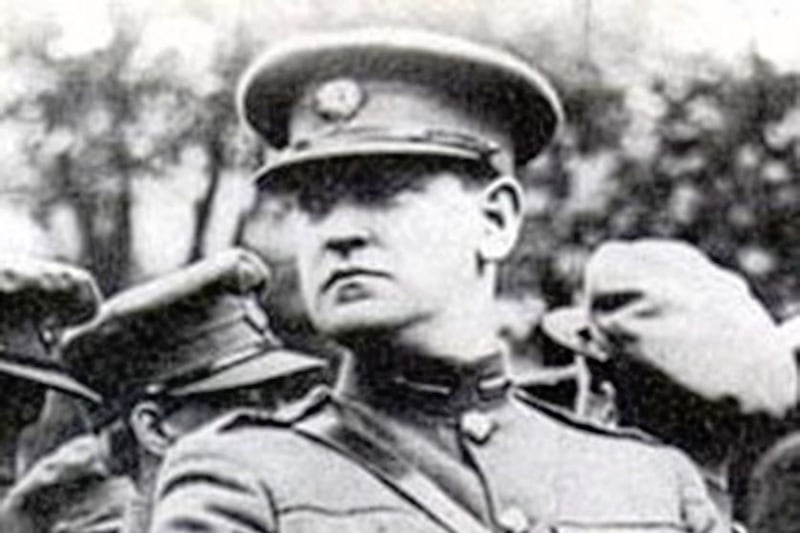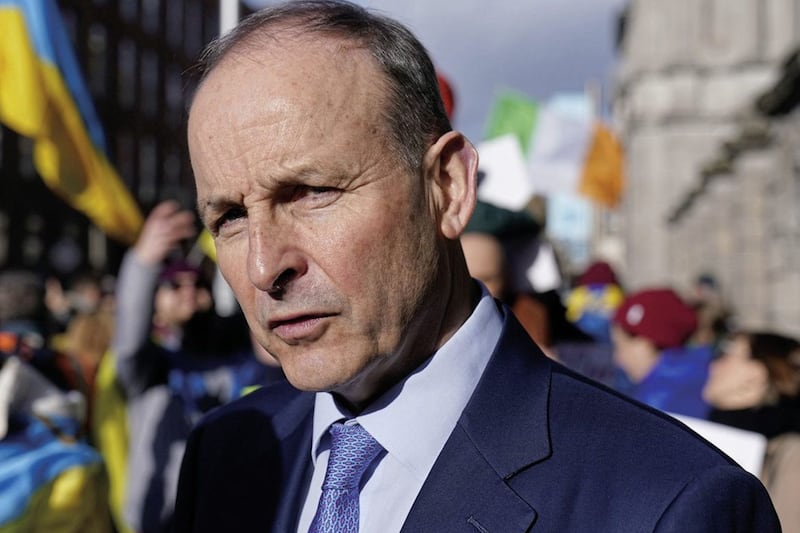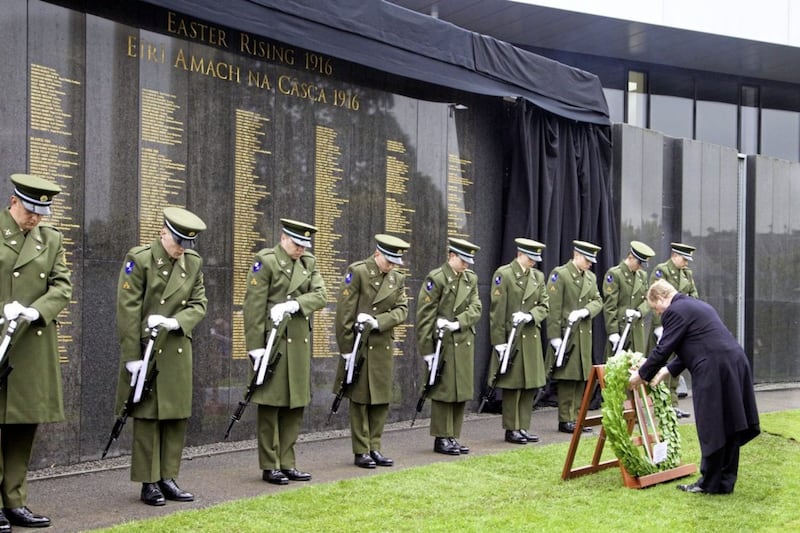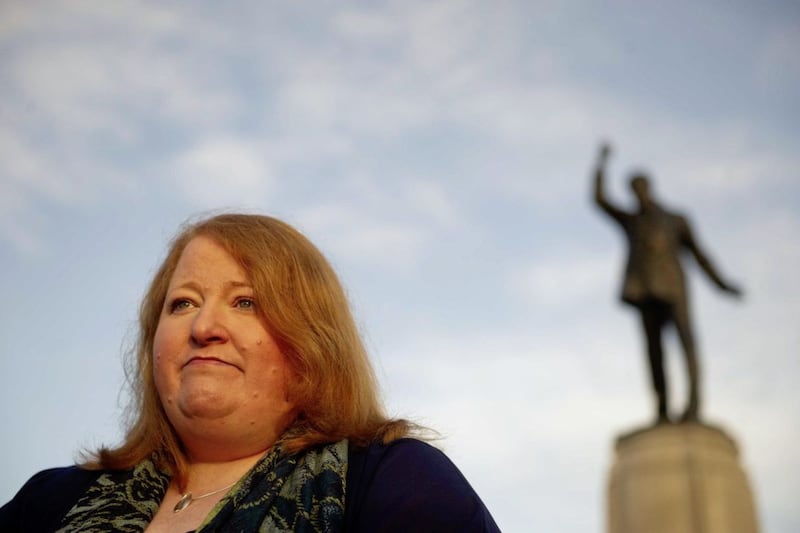ONE of the many side-effects of the Russian invasion of Ukraine has been to raise questions over the neutral status of the Republic of Ireland.
Irish neutrality initially became a centre-stage issue with the outbreak of World War II. Although Ireland did not take sides in the conflict between the Allied and the Axis powers, there was in some ways a more benign approach towards the British and Americans than the Germans. When the conflagration was replaced by the Cold War and the North Atlantic Treaty Organisation was formed in 1949 as a counterweight to the communist bloc, Ireland refused to join Nato because one of its leading members was responsible for partition of the island.
Ireland’s non-aligned status had quite a positive impact internationally and, as a member-state of the United Nations, it was to the fore in the late 1960s promoting the Treaty on the Non-Proliferation of Nuclear Weapons which helped reduce the prospect of another world war. Our non-aligned status may indeed have helped to get Ireland elected to a fourth term on the UN Security Council last year.
Irish troops can only engage in peacekeeping outside the state if there is government and Dáil approval and the mission is authorised by a UN resolution. However, such a resolution can be vetoed by any of the five permanent members of the UN Security Council, who include Russia and China. It is known as the “triple lock” mechanism and the current government is expected to push for abandonment of the UN restriction so that Ireland can be involved in new defence arrangements with its European Union partners.
Tánaiste and Fine Gael leader Leo Varadkar who is scheduled to be become taoiseach again in December is reported to have expressed opposition to the triple lock and expressed support for European defence cooperation, at a recent meeting of his parliamentary party. More than 20 years ago, Fine Gael adopted a policy document by Gay Mitchell, then a Dublin-based TD, advocating the establishment of a European defence entity, with Ireland as one of the participants.
Sceptics might argue that current rules lessen the prospect that Ireland would ever be involved in a war against Russia or China. There is a counter-argument that the invasion of Ukraine could be followed at some stage by a Russian assault on an EU member-state, because, to put it in colloquial terms: “That fellow Putin is capable of anything.” The implication is that, in such an eventuality, Ireland would need to be part of the EU’s response, which might well have a military dimension.
Sinn Féin’s foreign affairs and defence spokesperson, John Brady, said in a statement last Sunday: “I believe that the policy of neutrality should be enshrined in the constitution following a referendum of the Irish people. Sinn Féin has twice previously attempted to introduce legislation to this effect, only to be blocked by the government.”
He added that “entering a military alliance would not only subsume our defence forces into a much larger force acting upon the strategic direction of military superpowers, where Ireland’s impact would be negligible, but would also seriously damage the extent of the ‘soft power’ that Ireland enjoys today.”
Also last Sunday, addressing a Fianna Fáil commemoration of leaders of the 1916 Rising at their burial place in Arbour Hill, Taoiseach Micheál Martin said, according to a script issued by the Fianna Fáil press office: “We will continue to focus on urgent humanitarian aid to Ukraine, but we have to be clear that we need a proper, informed and inclusive debate about our future policies.”
The speech continues: “Our commitment to working with our European partners has to be reinforced. Coordination and shared activities with other defence forces over the last twenty years has proven that this activity is a benefit to us and aids European security. We have to look for ways to build on this.”
The taoiseach pointed out afterwards that joining a European defence alliance would require approval by referendum.
Meanwhile, a total of 21,000 refugees were reported to have arrived in the 26 counties by last weekend but there was a serious shortage of accommodation for them.
Some of Putin’s critics would probably wish that the Russian Embassy, ironically located on Dublin’s Orwell Road, were given over to refugees. There have been calls for the expulsion of Ambassador Yury Filatov which, in the present writer’s view, would be a bad move: we need to keep the lines of communication open at this very dangerous time.
Email: Ddebre1@aol.com; Twitter: @DdeBreadun
